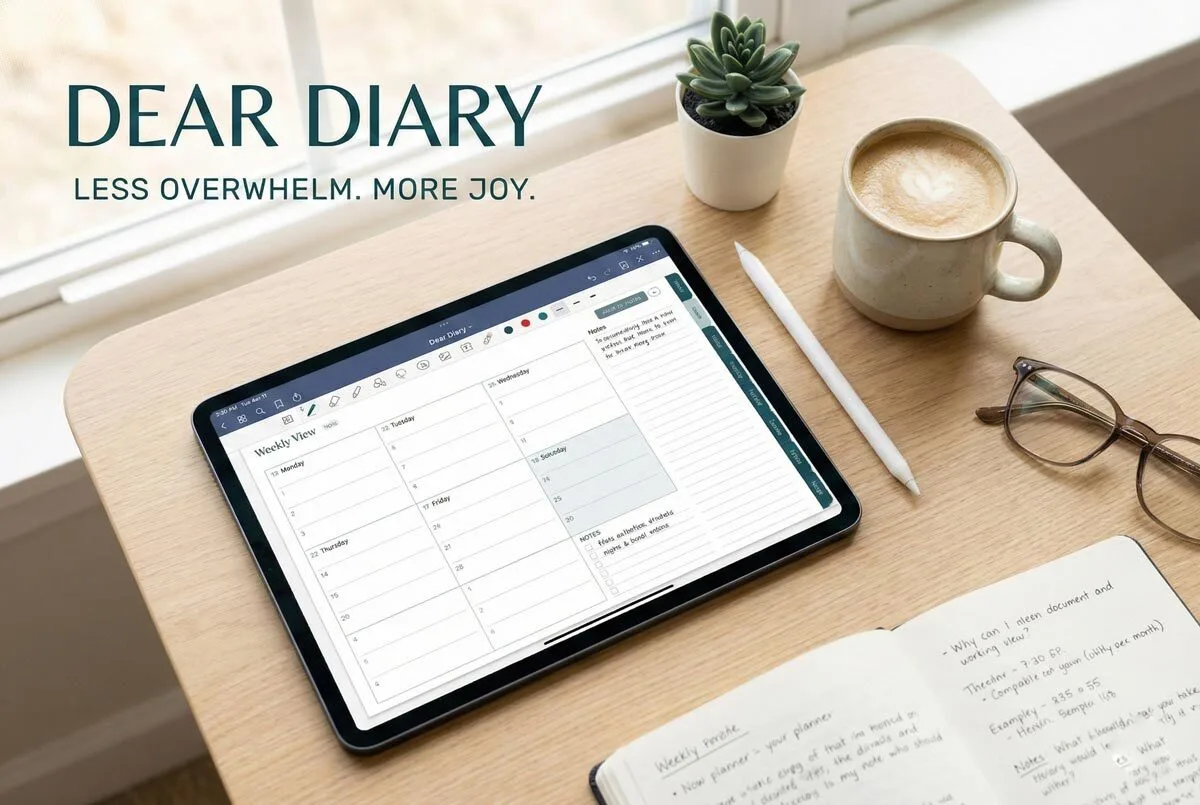You’ll become proficient in batch cooking by dedicating 2-3 weekend hours to preparing versatile proteins like grilled chicken, cooking grains such as quinoa or rice, and roasting mixed vegetables. Use these components as building blocks for different meals throughout the week—transform that chicken into tacos Monday, salads Tuesday, and grain bowls Wednesday. Invest in a slow cooker and proper storage containers, label everything with dates, and start small with just two recipes before expanding your repertoire for maximum efficiency.
When was the last time you stood in your kitchen at 7 PM, staring into an empty fridge whilst your stomach growled and your motivation flatlined? If this scenario feels painfully familiar, you’re not alone – and batch cooking might just be your salvation.
Batch cooking transforms your weekly meal routine by frontloading preparation work into concentrated sessions. You’ll save significant time by reducing daily cooking tasks and minimising cleanup, whilst reducing grocery expenses through bulk purchasing and eliminating food waste. The real breakthrough? You’ll naturally gravitate towards healthier choices when wholesome meals are readily available, avoiding the fast-food trap that ensnares exhausted weeknight warriors.
The secret lies in strategic protein preparation. Cook large batches of versatile bases like grilled chicken, turkey meatballs, or pulled pork that can anchor multiple meals throughout the week.
These proteins become building blocks for tacos, salads, grain bowls, and pasta dishes. Simultaneously, batch-roast vegetables and cook grains like quinoa or rice for quick assemblies later.
Smart planning starts with your grocery list. Create weekly meal plans using overlapping ingredients – mince works perfectly for both tacos and spaghetti sauce.
Buy bulk staples like oats and spices to reduce shopping frequency whilst saving money. Don’t overlook freezer-friendly produce and pre-minced garlic, which eliminate waste and simplify prep work. Consider shopping at wholesalers like Makro or Game for bulk purchases.
Your slow cooker becomes essential during busy weeks, handling hands-off meals like potjiekos-style stews and chilli whilst you tackle other tasks. Consider investing in a rice cooker for perfectly prepared grains and muffin tins for individual portions of frittatas or baked oatmeal. Embrace healthy cooking methods like baking and roasting when preparing large quantities to maintain nutritional value without adding unnecessary fats.
Freezer organisation makes or breaks your batch cooking success. Label everything with dates, meal descriptions, and reheating instructions – trust me, you won’t remember what’s in that mysterious container three weeks later.
Freeze items in flat layers using aluminium foil trays to maximise space, and use airtight containers to prevent freezer burn. This is particularly important in South Africa’s variable climate conditions.
Focus on proven batch-cooking champions: stuffed peppers filled with rice and beans, soups portioned into mason jars, breakfast burritos with scrambled eggs and boerewors. These recipes reheat beautifully and maintain their flavours over time. Cooking serves as a therapeutic activity, helping to enhance your well-being whilst accomplishing practical meal preparation goals.
Avoid common pitfalls that derail even well-intentioned efforts. Don’t over-prep without considering shelf life – nothing’s more frustrating than tossing spoiled food.
Resist preparing identical meals all week, which leads to boredom and abandoned meal plans. Always incorporate leftovers into future preparations rather than letting them languish forgotten. Remember that power cuts can affect your planning, so have backup heating methods ready. Establishing this cooking routine creates a sustainable approach that supports your overall wellness and reduces daily stress. Store meals for up to three months in the freezer to maintain quality and safety.
The key is starting small and building momentum. Choose two or three recipes for your first batch-cooking session, gradually expanding your repertoire as the process becomes second nature.
Your future self will thank you when dinner appears with minimal effort, leaving more time for what actually matters in your busy life.
Frequently Asked Questions
How Long Can Batch-Cooked Meals Safely Stay in the Refrigerator?
You can safely store batch-cooked meals in your fridge for 3-4 days when using airtight containers. Seafood and dairy-based dishes last only 2-3 days, whilst vegetables and grains stay fresh for 3-5 days.
What Containers Work Best for Storing Batch-Cooked Meals?
You’ll want glass containers with airtight lids for freshness and safety. Choose 24-30 oz sizes for main meals, stackable designs for space efficiency, and freezer-safe options like Prep Naturals for versatility.
Can You Freeze All Types of Batch-Cooked Meals?
You can’t freeze all batch-cooked meals. Soups, stews, casseroles, and cooked grains freeze excellently, but dairy-heavy dishes, fresh vegetables, and certain textures don’t maintain quality after freezing.
How Do You Prevent Batch-Cooked Meals From Getting Soggy When Reheated?
You’ll prevent sogginess by cooling meals completely before storing, slightly undercooking components initially, separating liquids from solids, and reheating gently with lids ajar whilst adding small amounts of liquid.
What’s the Ideal Portion Size When Batch-Cooking for One Person?
You’ll want 4–6 servings per batch when cooking for one person. This gives you 1–2 servings weekly whilst maintaining variety. Use hand-sized protein portions and 2 spoonfuls of grains per serving.






